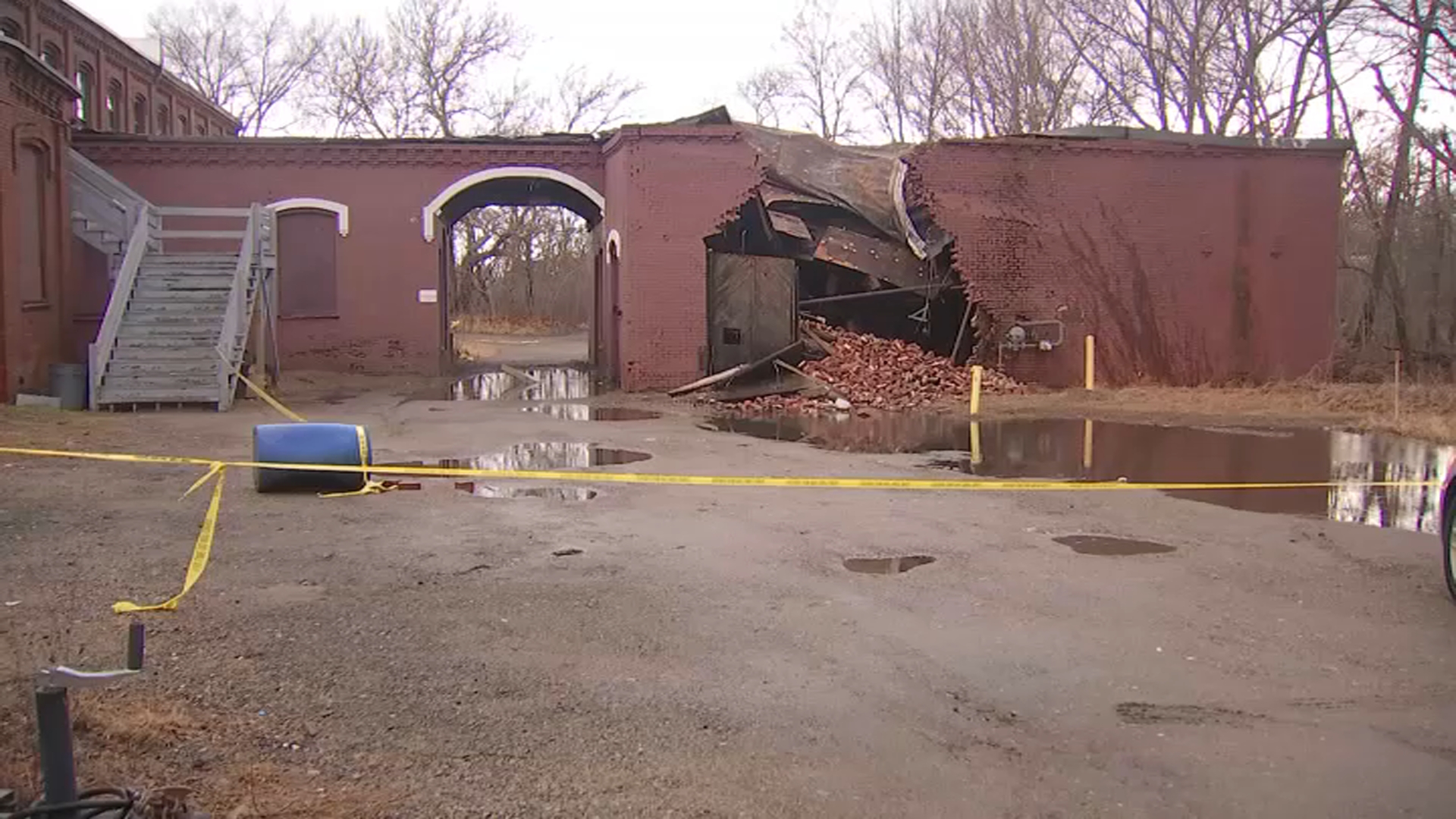
A New Hampshire man who had been accused of participating in a plot in which a caller issued bomb threats last year to Harvard University and demanded a large amount of bitcoin pleaded guilty to a lesser charge Wednesday.
William Giordani, 55, of Nashua, New Hampshire, was arrested last year on charges including making an extortionate bomb threat. That charge was dropped, and he effectively pleaded guilty in federal court to knowing about a felony and not reporting it, according to his lawyer.
WATCH ANYTIME FOR FREE
Stream NBC10 Boston news for free, 24/7, wherever you are. |
Giordani faces a sentence of up to three years and a fine of up to $250,000. Prosecutors are recommending a sentence of up to three years' probation. Sentencing is set for April.
The case stems from an incident last April 13 when Harvard University’s police department received a warning from a caller electronically disguising their voice saying bombs had been placed on campus and students would be killed unless the school conducted a bitcoin transfer within 96 minutes.
Get updates on what's happening in Boston to your inbox. Sign up for our News Headlines newsletter.
Police would receive another six calls before the caller gave a location and a description of a device, which police found and destroyed after evacuating the area and issuing a warning to people on campus. No other devices were found.
The device had a metal locking safe, a package of wire, a quantity of fireworks and a small rectangular box, police said.
Investigators said Giordani was pulled into the incident after he responded to a Craigslist ad looking for someone to purchase fireworks in New Hampshire and pick up some other items in Massachusetts — including wire, a metal locking safe and a bag — and deliver the items to his son at Harvard.
After Giordani collected the items, the individual said his son was unable to meet him and he should just leave the bag with the items — the ones later destroyed by police — on a bench in a science plaza area at the school.
Just after 2 p.m. that day, Giordani was seen dropping off the bag.
Investigators said that at some point Giordani began to harbor suspicions that the items could be used to construct a bomb, pointing to deleted text messages where he acknowledged it could be bomb material. In another text to his girlfriend, Giordani said “I got scammed," police said.
Giordani also took steps to hide from police after they made attempts to reach him in order not to reveal his role in delivering the bag, investigators said.
Prosecutors said they agreed to accept Giordani's guilty plea given that they believed he was driven in part by a drug habit and that he has made efforts to remain in a recovery program.
No one else has been charged in connection with the case.



